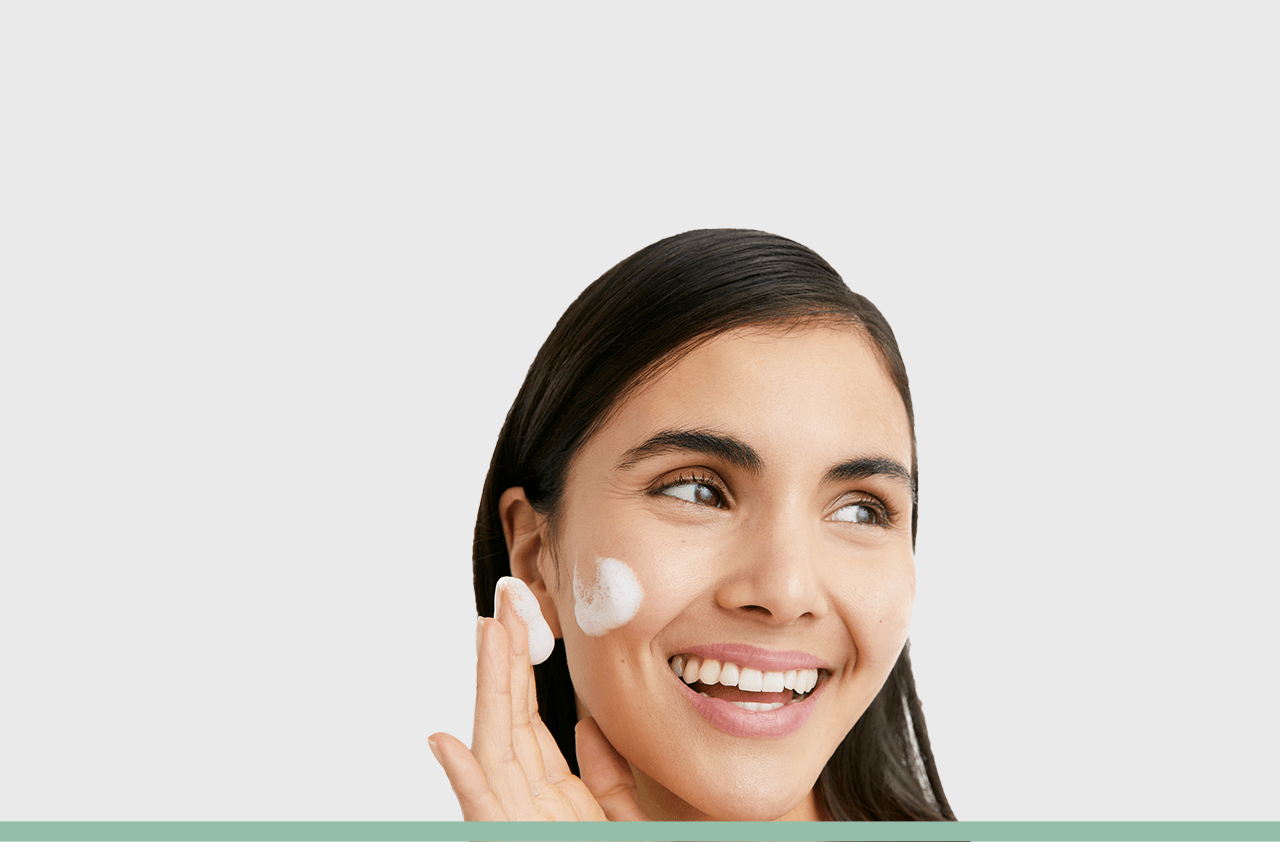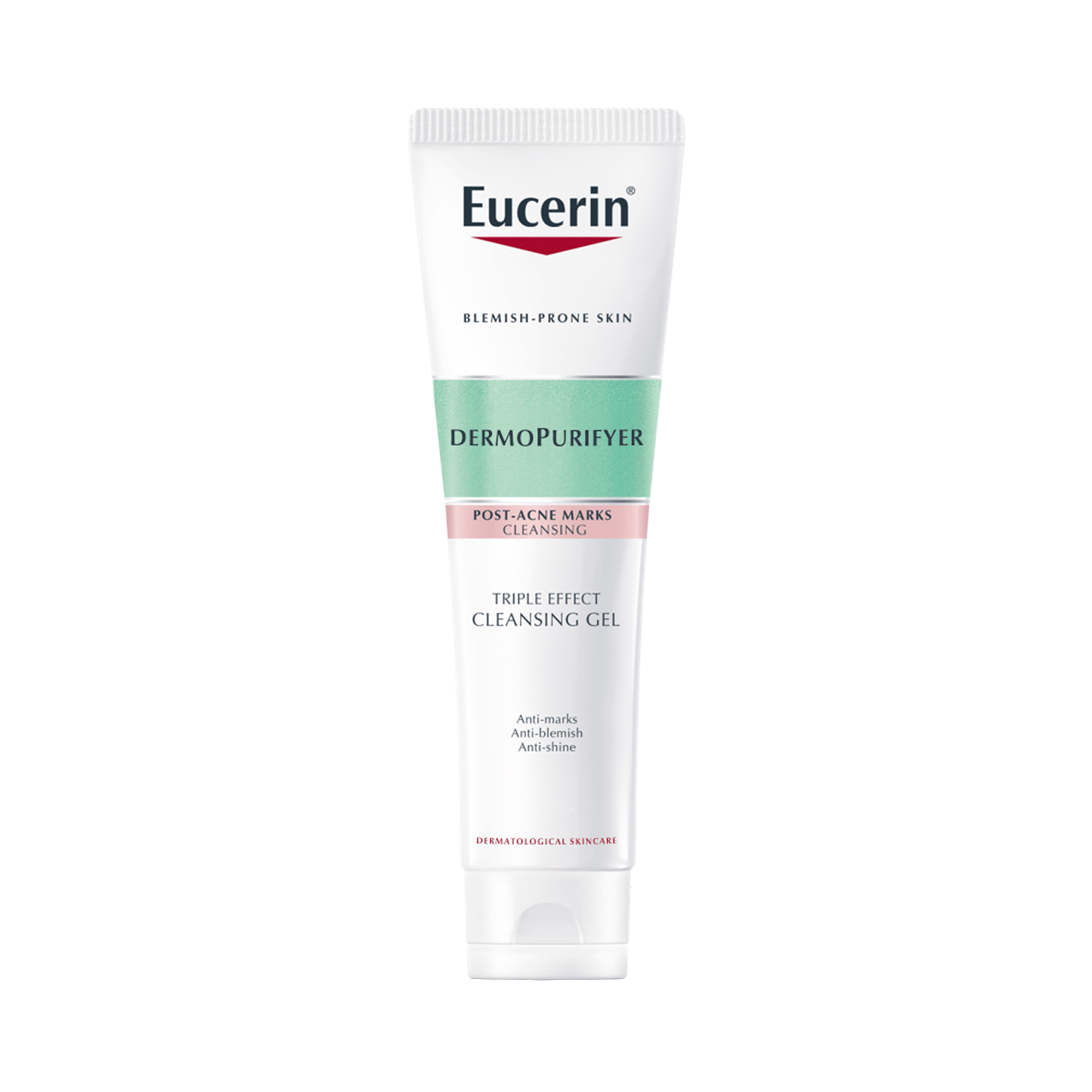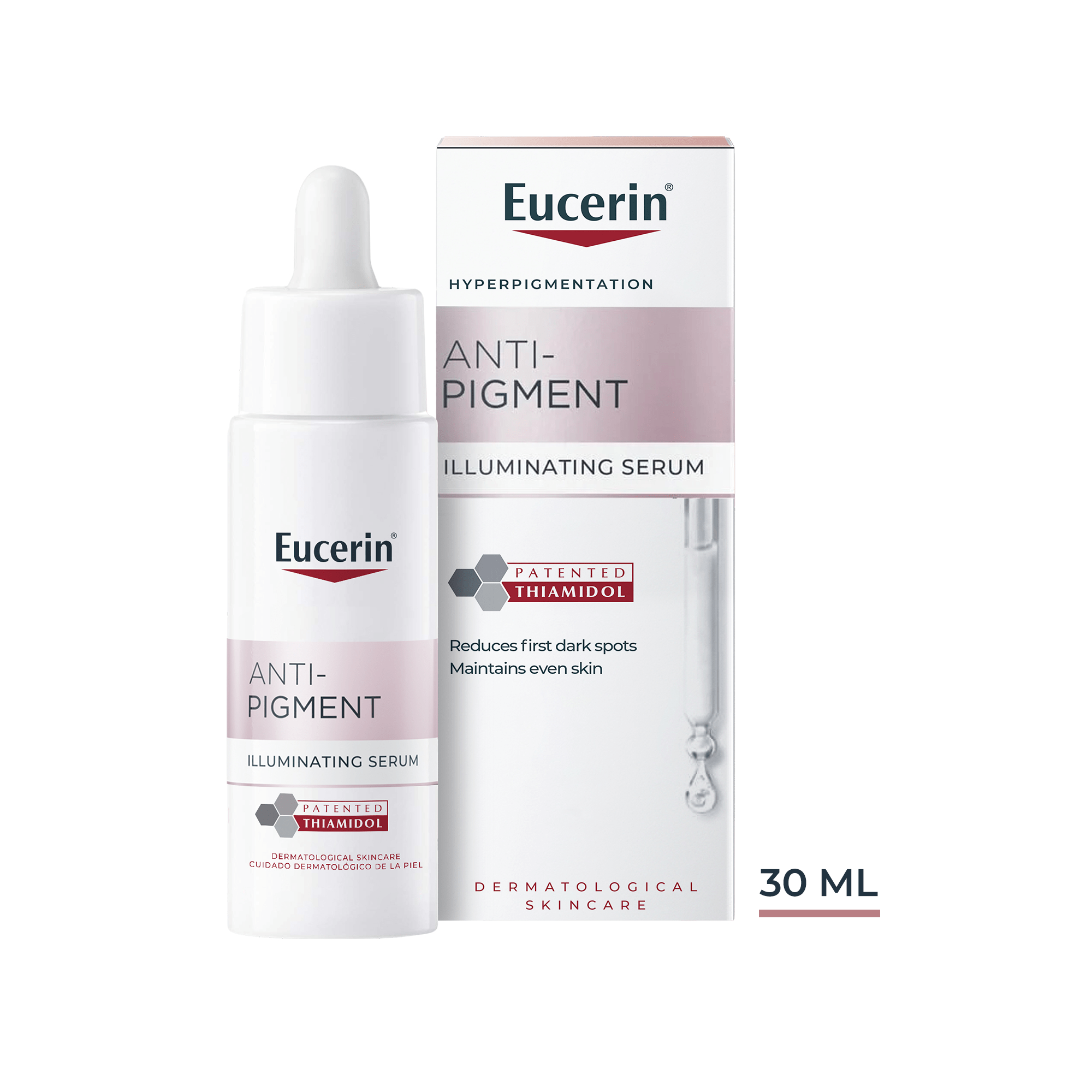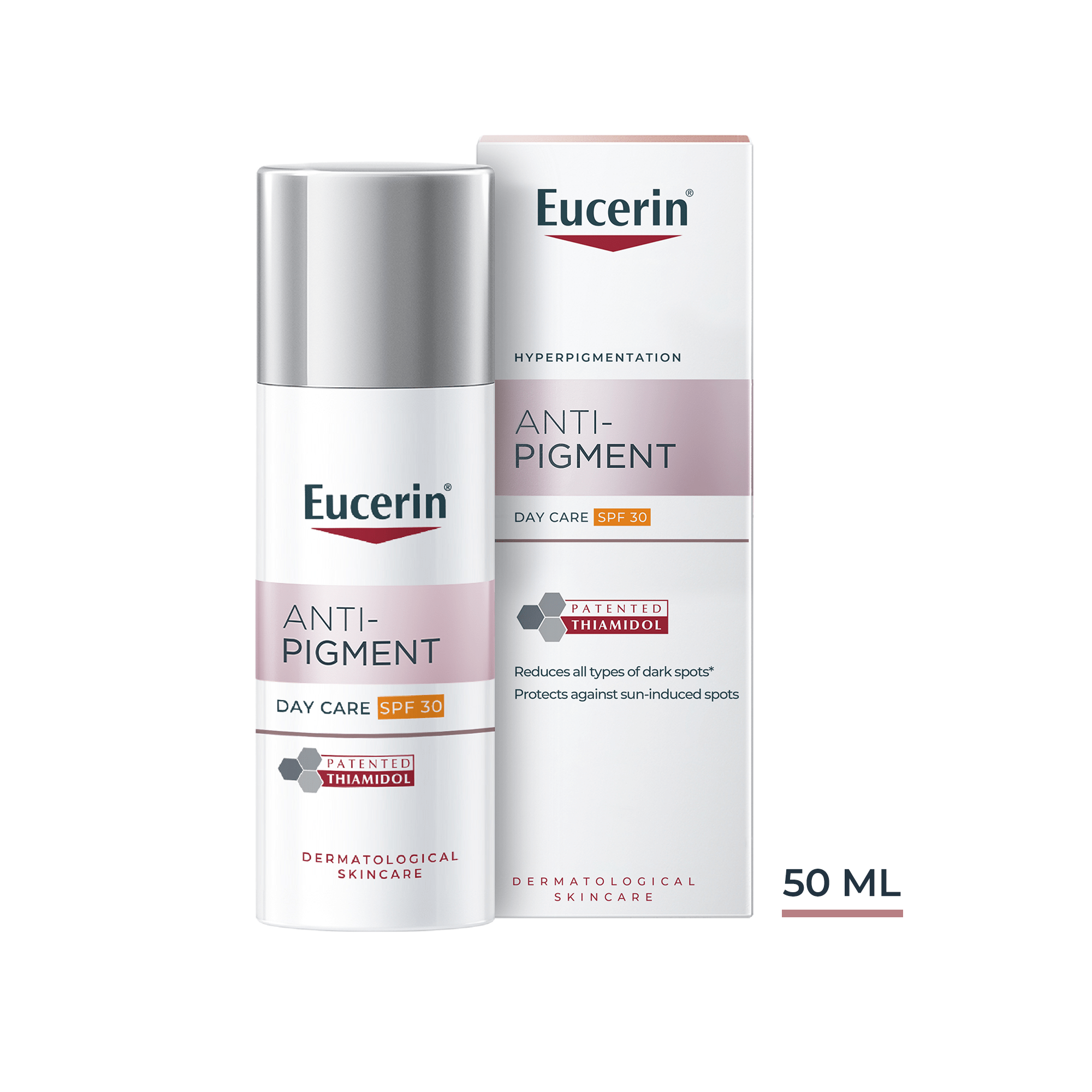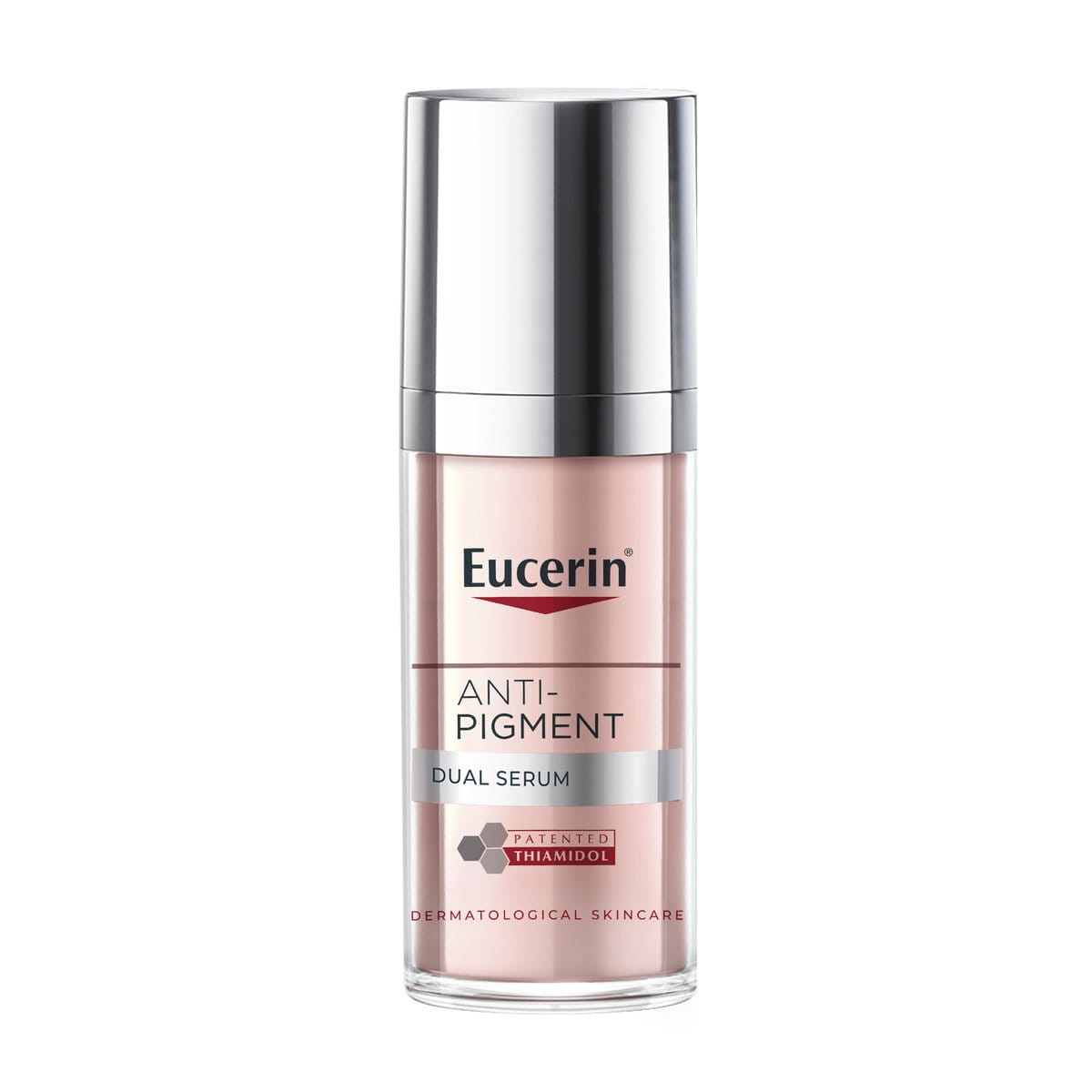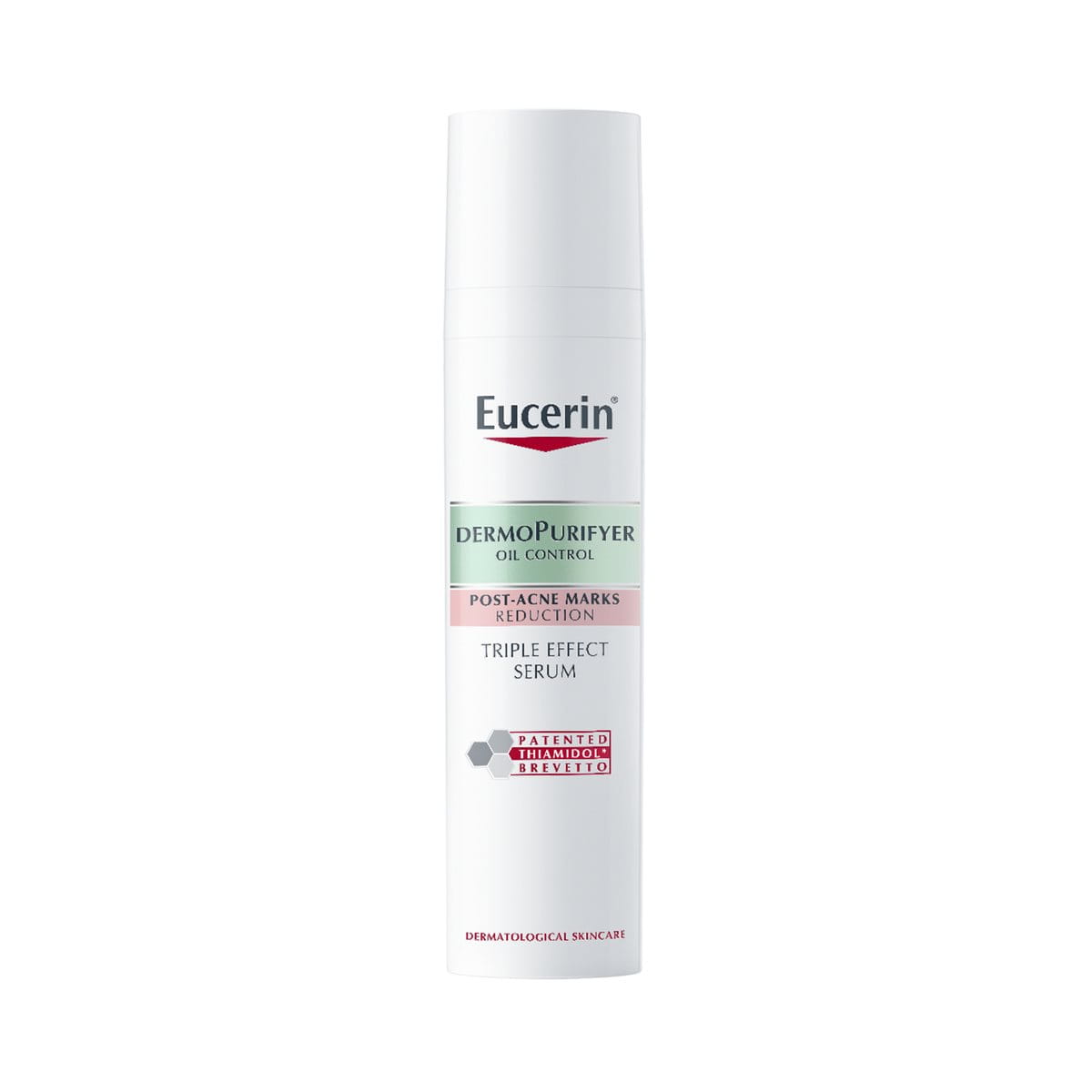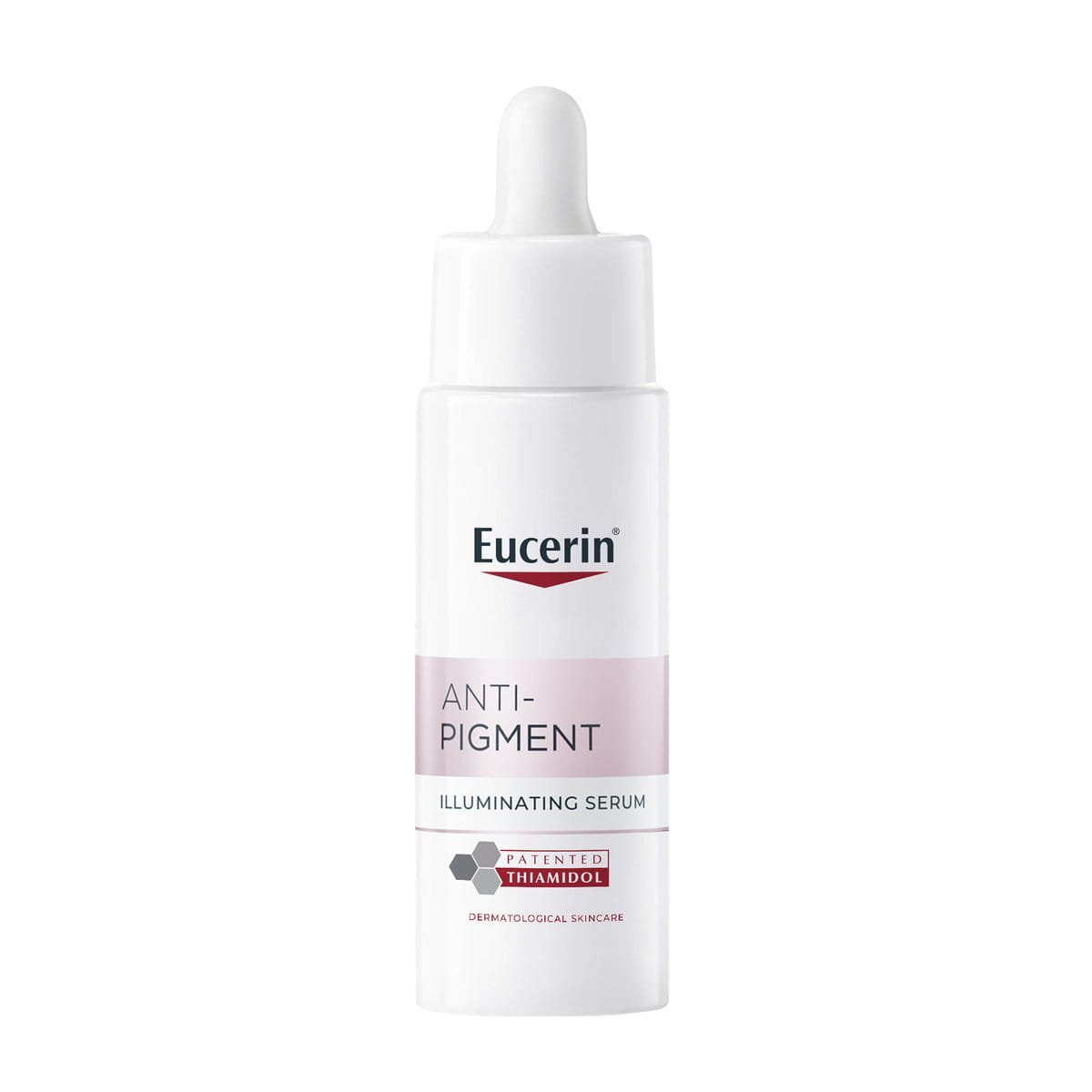Glycerin is everywhere. In gels, creams, moisturizers, and cleansers, and yet we’re not exactly sure why. The several benefits of glycerin for skin make it clear that it’s not a filler ingredient. But is it meant for your skin type? Dive right in to understand what does glycerin do for your face and how to use glycerin for skin.
Keynotes:
- Glycerin is a vital skincare ingredient known for its hydrating properties.
- As a humectant, glycerin draws moisture from the environment to deeply hydrate the skin, improve softness, reduce dark circles, and strengthen the skin barrier.
- Glycerin is suitable for all skin types and can be used in cleansers, serums, moisturisers, and under-eye creams.

